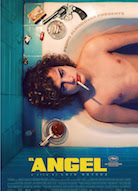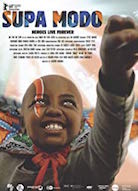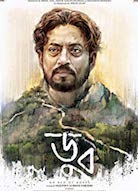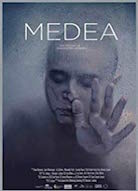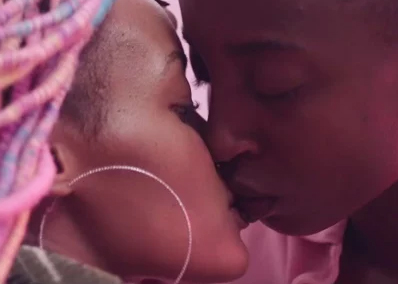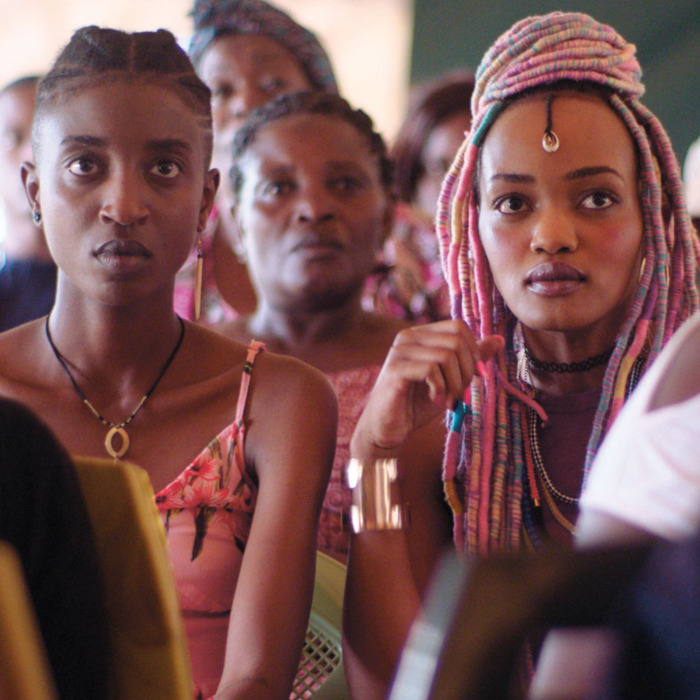Interview: Wanuri Kahiu on 'Rafiki,' her inspirations and becoming an activist
 Monday, April 22, 2019 at 6:20PM
Monday, April 22, 2019 at 6:20PM Rafiki is the second feature film from Kenyan filmmaker Wanuri Kahiu. It made its debut at last year’s Cannes Film Festival in the Un Certain Regard section, to critical acclaim. Initially banned in Kenya for its positive portrayal of queer romance, Rafiki won a landmark supreme court case chipping away at Kenyan anti-LGBT legislation. It tells a sweet hopeful love story between two women Kena (Samantha Mugatsia) and Ziki (Sheila Munyiva), who meet and fall in love as they are waiting to hear the results of their university entrance exams. Set in Nairobi and bursting with the colorful street style and music of the city’s vibrant youth scene, Rafiki is tender, cheerful despite the challenges for acceptance that its characters face from their families and society at large. Accordng to the film's press notes, Rafiki means friend in Swahili, and often when Kenyans of the same sex are in a relationship, they forgo the ability to introduce their partners, lovers, mates, husbands or wives as they would like, and instead call them “rafiki”.
We recently got a chance to speak with Kahiu about the film, the interview has been edited and condensed for clarity.
Murtada Elfadl: This film had quite a journey becoming a cause celebre because of the ban in Kenya. Did you anticipate that you’d become an activist...?



